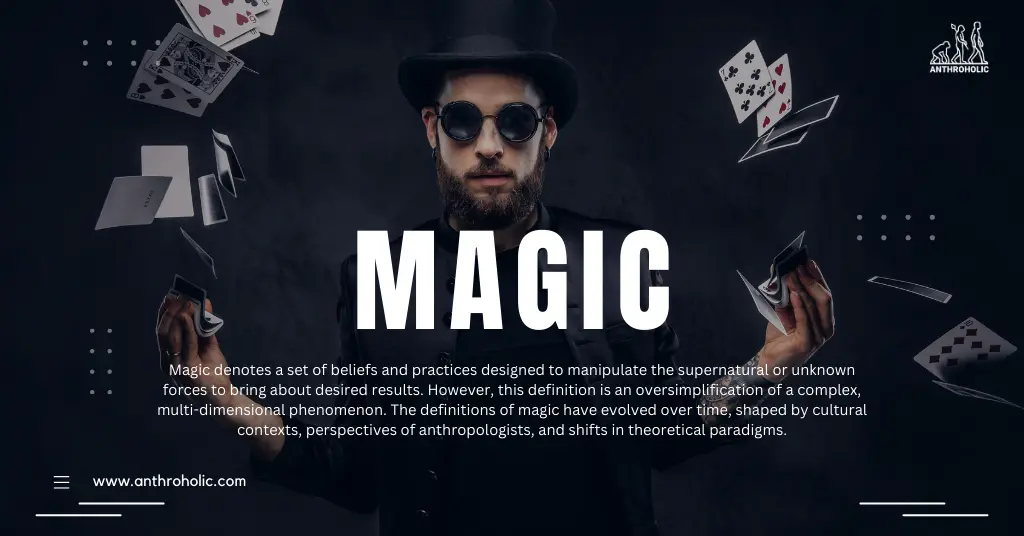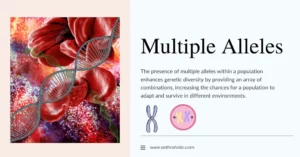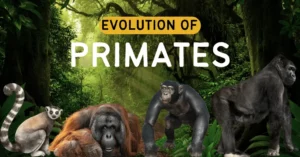AI Answer Evaluation Platform Live Now. Try Free Answer Evaluation Now
Magic
Magic, a phenomenon historically pervasive yet enigmatic in human societies, presents itself as a crucial study area in Anthropology. Anthropologists consider magic an aspect of religio-cultural systems, studying its various forms, meanings, and influences across different societies.

Defining Magic
In its broadest sense, magic denotes a set of beliefs and practices designed to manipulate the supernatural or unknown forces to bring about desired results [1]. However, this definition is an oversimplification of a complex, multi-dimensional phenomenon. The definitions of magic have evolved over time, shaped by cultural contexts, perspectives of anthropologists, and shifts in theoretical paradigms.
Classical Definition
E.B. Tylor, known as the father of cultural anthropology, defined magic as the manipulation of supernatural beings and forces through rituals, spells, and charms to accomplish specific objectives [2]. Tylor’s contemporaries, such as James Frazer, conceptualized magic as a false science based on flawed laws of similarity (sympathetic magic) and contact (contagious magic) [3].
Modern Definition
Contemporary anthropologists perceive magic more holistically, incorporating both its rational and symbolic aspects. They see magic as an adaptive strategy, a symbolic language, and a form of social action [4]. Bronislaw Malinowski, for instance, argued that magic functions to reduce anxiety and increase confidence in uncertain situations.
Understanding the Meanings of Magic
Magic is not merely a set of practices; it is laden with meanings varying across cultures. Three crucial dimensions of magic—symbolic, social, and psychological—offer valuable insights into its significance.
Symbolic Dimension
Magic serves as a language of symbols and metaphors that express human desires, fears, and understanding of the world. It operates through symbolic associations, like a doll representing a person in voodoo magic.
Social Dimension
Magic can be a form of social action, maintaining or challenging social order. It can be a tool for marginalized groups to exercise power or a mechanism to reinforce societal norms and values.
Psychological Dimension
Magic can serve psychological needs, providing a sense of control over unpredictable situations. It can be a coping strategy, offering emotional comfort and reducing anxiety.
Differentiating Magic from Religion and Science
The boundaries separating magic, religion, and science are often blurred. Yet, some distinguishing features are discernible (See Table 1).
| Magic | Religion | Science | |
|---|---|---|---|
| Focus | Manipulation | Worship | Understanding |
| Approach | Coercive | Propitiatory | Empirical |
| Locus of Control | Individual-centric | Deity-centric | Nature-centric |
| Role of Uncertainty | Thrives in uncertain situations | Offers a comprehensive worldview | Reduces uncertainty through systematic inquiry |
Conclusion
From an anthropological perspective, magic is a complex, multifaceted phenomenon intertwining symbolic, social, and psychological dimensions. By studying magic, anthropologists gain insights into human attempts to understand and control the world, revealing the complexity and richness of human cognition and culture.
References
[1] Mauss, M. (1972). A general theory of magic. Routledge.
[2] Tylor, E. B. (1871). Primitive culture: researches into the development of mythology, philosophy, religion, language, art, and custom. John Murray. https://www.gutenberg.org/ebooks/70458
[3] Frazer, J. G. (1922). The golden bough: A study in magic and religion. Macmillan.
[4] Tambiah, S. J. (1990). Magic, science, religion, and the scope of rationality. Cambridge University Press.




